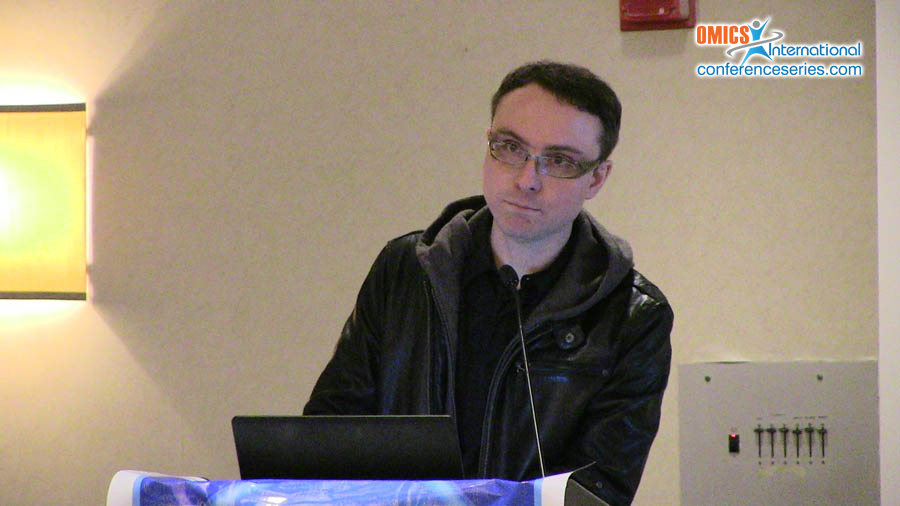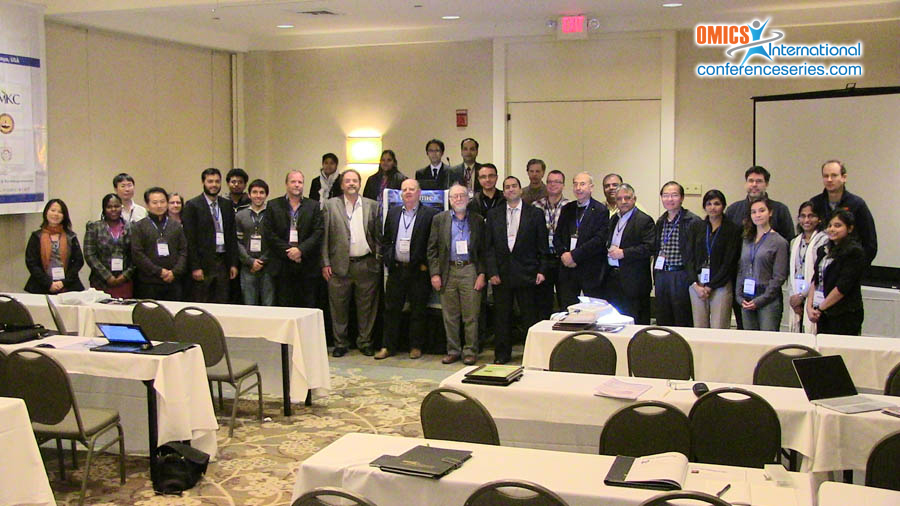
Janusz Bujnicki
International Institute of Molecular and Cell Biology, Poland
Title: Engineered “restriction RNases†for sequence-specific cleavage of dsRNA and RNA in DNA-RNA hybrids
Biography
Biography: Janusz Bujnicki
Abstract
Ribonucleases (RNases) are valuable tools applied in the analysis of RNA sequence, structure and function. Their substrate specificity is limited to recognition of single bases or distinct secondary structures in the substrate. Thus far, there have been no RNases available for purely sequence-dependent fragmentation of RNA, analogous to restriction enzymes for DNA. We have therefore searched for existing RNases that could be engineered to become sequence-specific. Using a combination of bioinformatics methods and experimental protein engineering we have obtained prototypes of two sequence-specific “restriction RNases†(RRNases): First, we identified members of the RNase III super family that exhibit sequence specificity towards dsRNA: They recognize a specific tetranucleotide target sequence and are capable of cleaving individual sites in long dsRNA molecules. For one of such enzymes we solved the crystal structure and constructed a structural model of a protein-RNA complex. Second, a prototype RRNase that cleaves the RNA strand in DNA-RNA hybrids five nucleotides from a nonanucleotide recognition sequence was constructed by fusing two functionally distinct domains: A non-specific RNase HI and a zinc finger that recognizes a sequence in DNA-RNA hybrids. The optimization of the fusion enzyme specificity was guided by a structural model of the protein-substrate complex and involved a number of steps including site-directed mutagenesis of the RNase moiety and optimization of the interdomain linker length. Potentially, RRNases may be used in vitro for production of RNA molecules with defined length and termini which may be a cheaper alternative to chemical synthesis; they may be also used in vivo for targeted RNA degradation.


